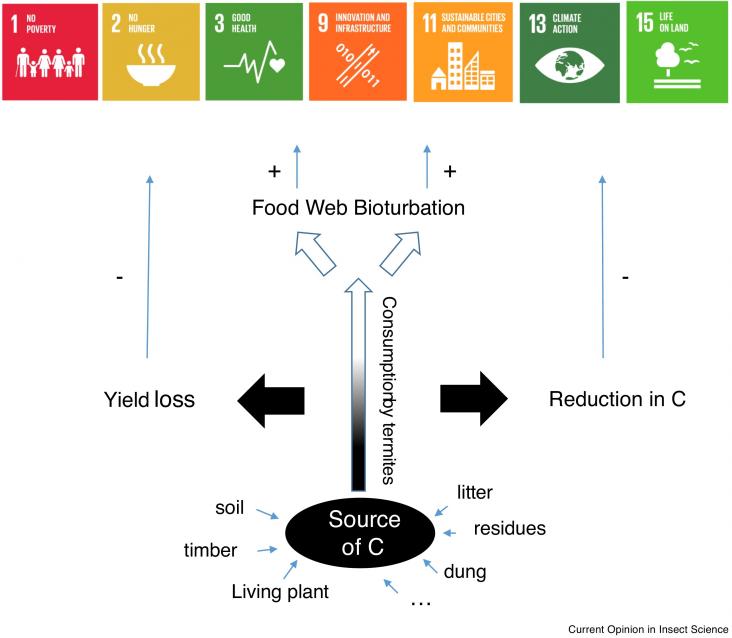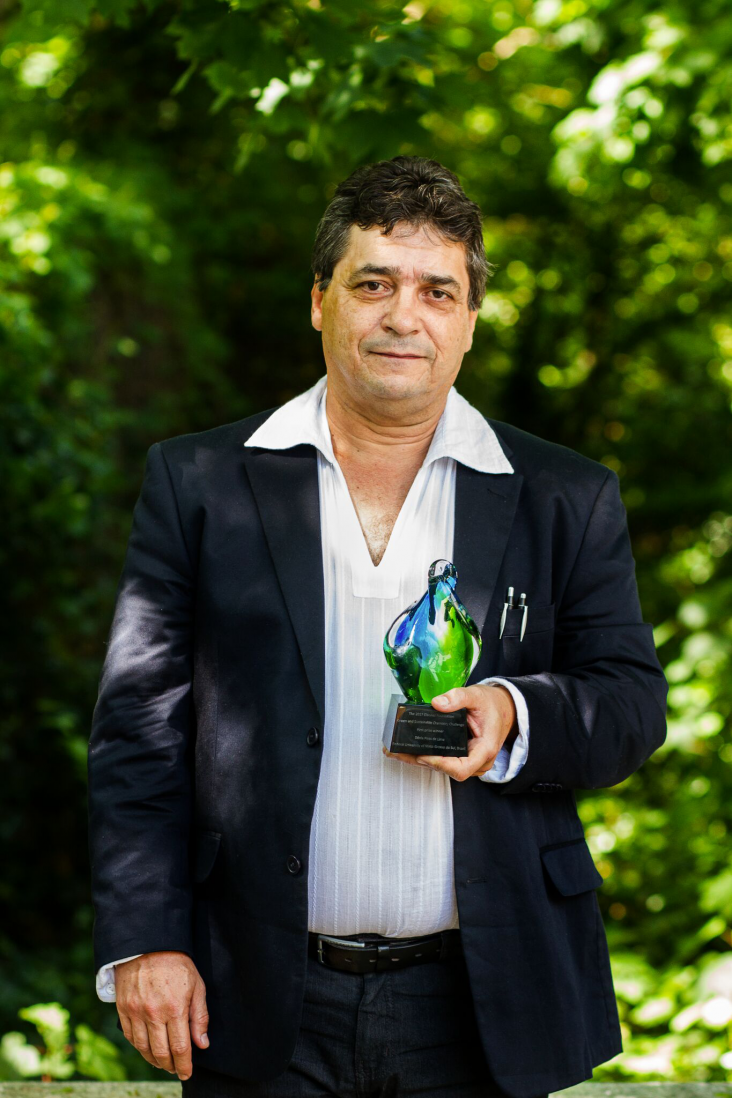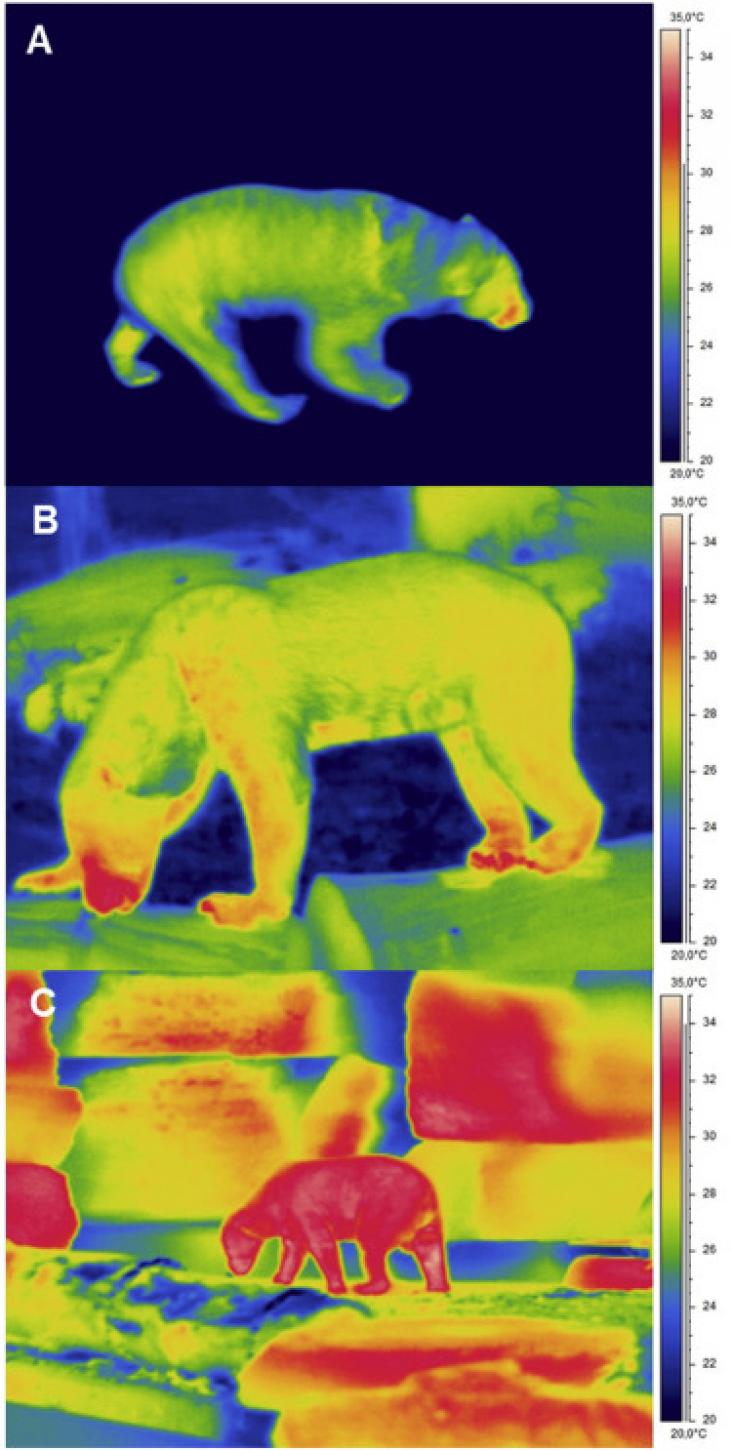
Termites are amongst the main macroinvertebrate decomposers in tropical ecosystems and they exert additional impacts through the creation of biostructures (mounds, galleries, sheetings, etc.) with dif

Insects have a significant role towards achieving sustainable development, but the decline of insect knowledge outreach efforts is dampening their impact.
The Common Agricultural Policy (CAP) is the guiding policy for agriculture and the largest single budget item in the European Union (EU).
Non-ribosomal peptides (NRPs) and polyketides (PKs) are among the most profuse families of secondary metabolites (SM) produced by bacteria.

Tropical insects are astonishingly diverse and abundant yet receive only marginal scientific attention.
Global climate change and land degradation are two grand changes facing humanity. In this perspective, we examine how degraded and abandoned farmland can be harnessed to fight climate change.

In 2017, Dr. Dênis Pires de Lima from the Federal University of Mato Grosso do Sul, Brazil, was awarded the first prize of € 50,000 for his project “From Cashews to castor oil, combating mosquito-borne diseases.” Contributing to SDGs 3 and 15, Dr. Pires de Lima and his team’s project promoted the use of natural waste from locally sourced cashew nuts and castor oil, to produce environmentally friendly insecticides against mosquitoes carrying Zika and Dengue fever — a sustainable alternative to conventional, substantially toxic insecticides. Three years later, we interviewed Dr. about his experience as a winner of the Green Sustainable Chemistry Challenge, as well as the upcoming steps for his winning project.
Humans, through agricultural fertilizer application, inject more reactive nitrogen (Nr) to terrestrial ecosystems than do natural sources.

